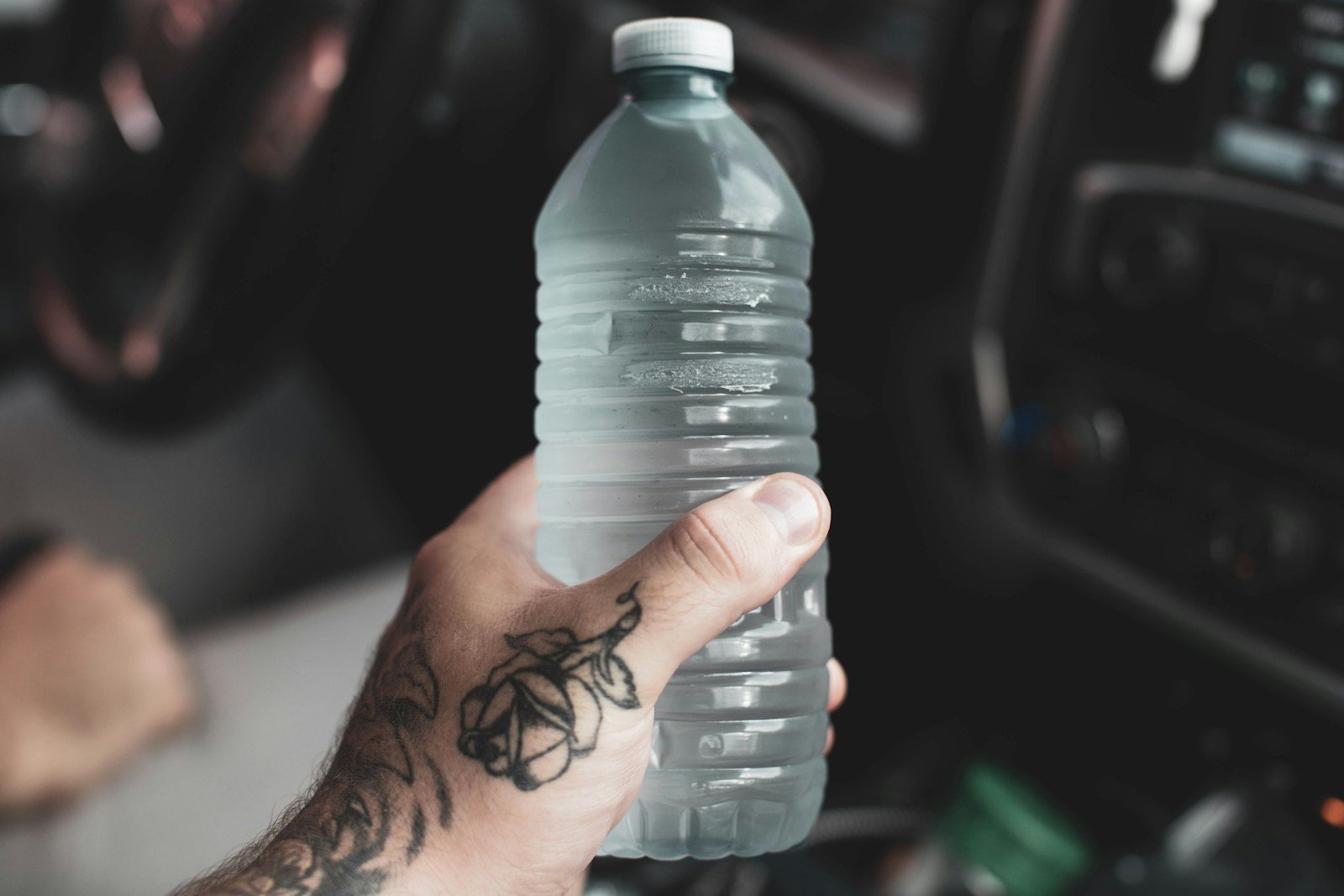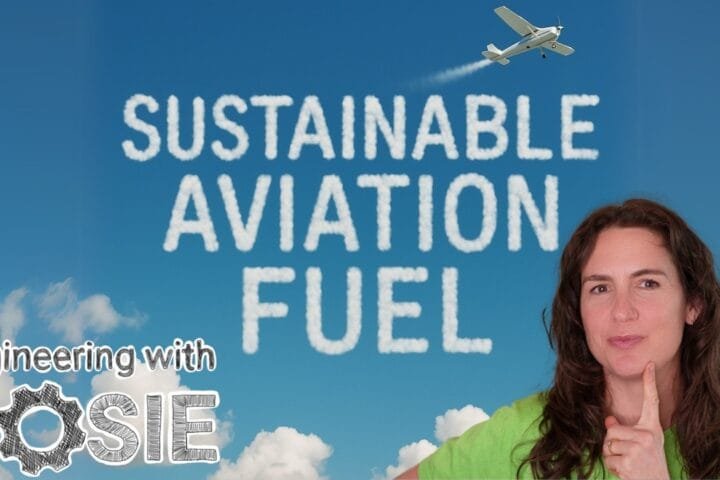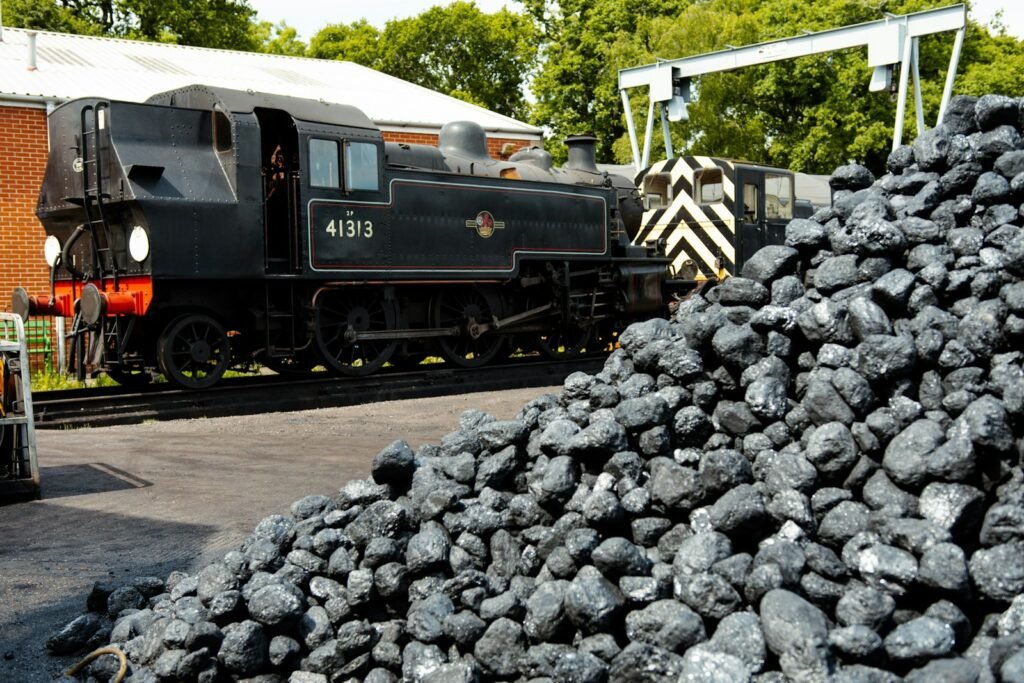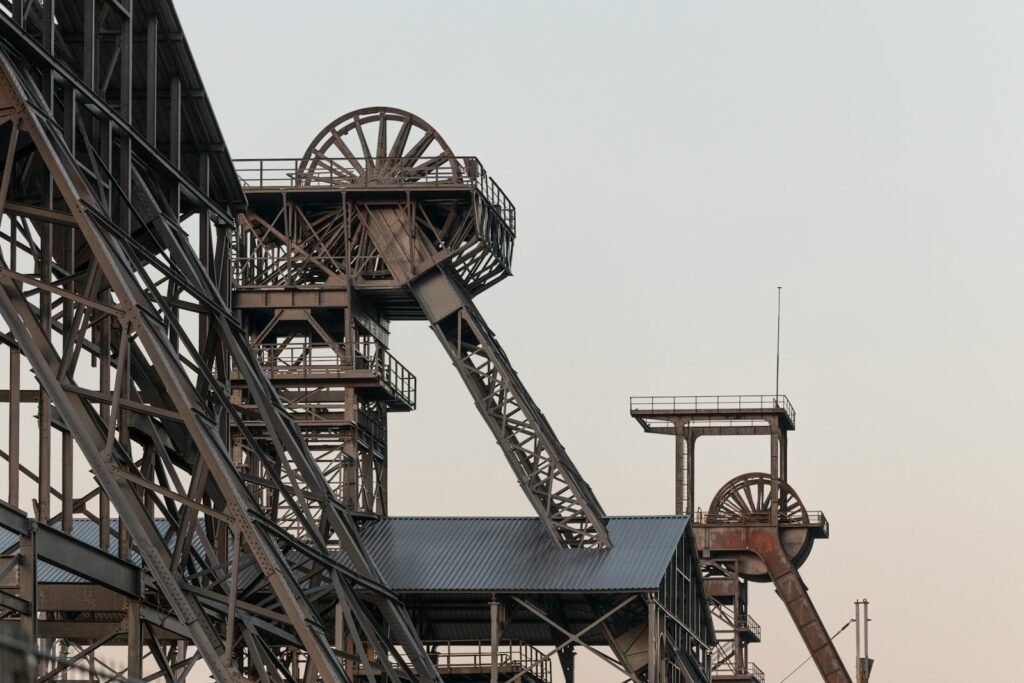Summary
The debate on plastics often focuses on reducing consumption, neglecting the urgent need to address fossil-fuel-based plastic production, which poses severe threats to climate change and human health. While plastics have benefits, their life cycle is linked to pollution and environmental degradation. As plastic production surges, it threatens ecosystems and public health, emphasizing that reducing consumption alone is insufficient for effective climate action.
Highlights -🌍
- Plastic Production Threatens Climate: Fossil-fuel-based plastic production accounts for 3-8% of global greenhouse gas emissions.
- Health Risks: Microplastics and toxins from plastics contaminate air, food, and water, impacting vulnerable populations.
- Circular Economy Misconception: Recycling is not a panacea; no plastics are truly safe, and most plastic waste is not recycled.
- Projected Growth: Global plastic use may triple by 2060, with a significant increase in waste and environmental leakage.
- Economic Misalignment: Current plastic production plans clash with decreasing global demand forecasts, leading to a surplus.
- Corporate Recklessness: Major petrochemical companies continue to invest in fossil-fuel-based plastic despite potential economic risks.
NEW DELHI – There is no denying that plastics have delivered tremendous benefits over the past century, driving technological innovation, transforming health care, and fueling global economic growth. But as we now know, this progress has come at great cost.
The adverse consequences of our overreliance on plastics are well-documented. From the extraction and transport of the fossil fuels required to produce them, through the manufacturing process, to their everyday use and disposal, each stage of plastics’ life cycle implies pollution and environmental degradation.
Plastic pollution endangers wildlife, damages ecosystems, and poses serious risks to human health. Microplastics, along with the toxic chemicals they contain, are found in the air we breathe, the food we eat, and can be absorbed through the skin. As plastic waste accumulates in oceans, rivers, and lakes, harmful chemicals contaminate the soil, disrupting plant life.
Read the full post at Sustainability Now.





